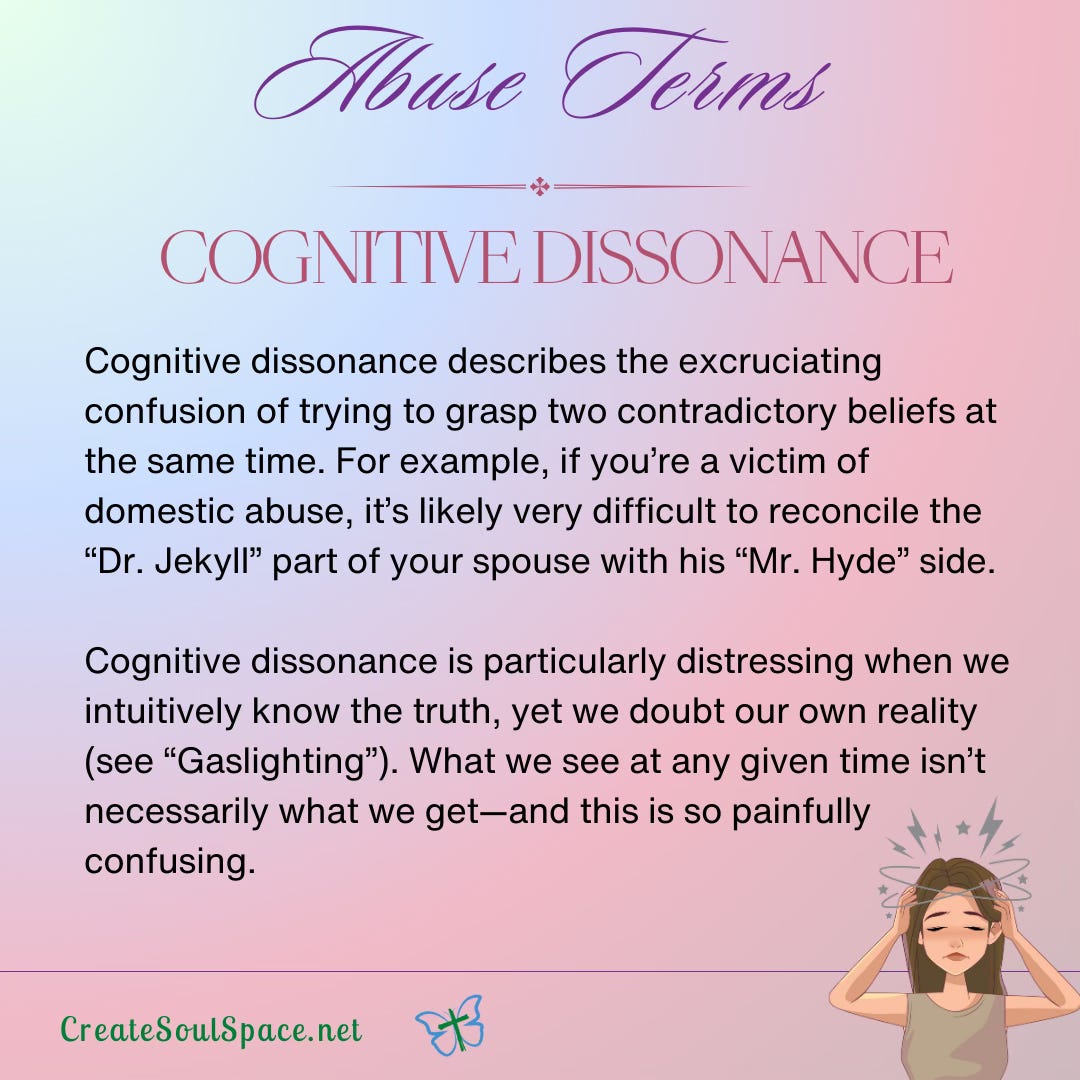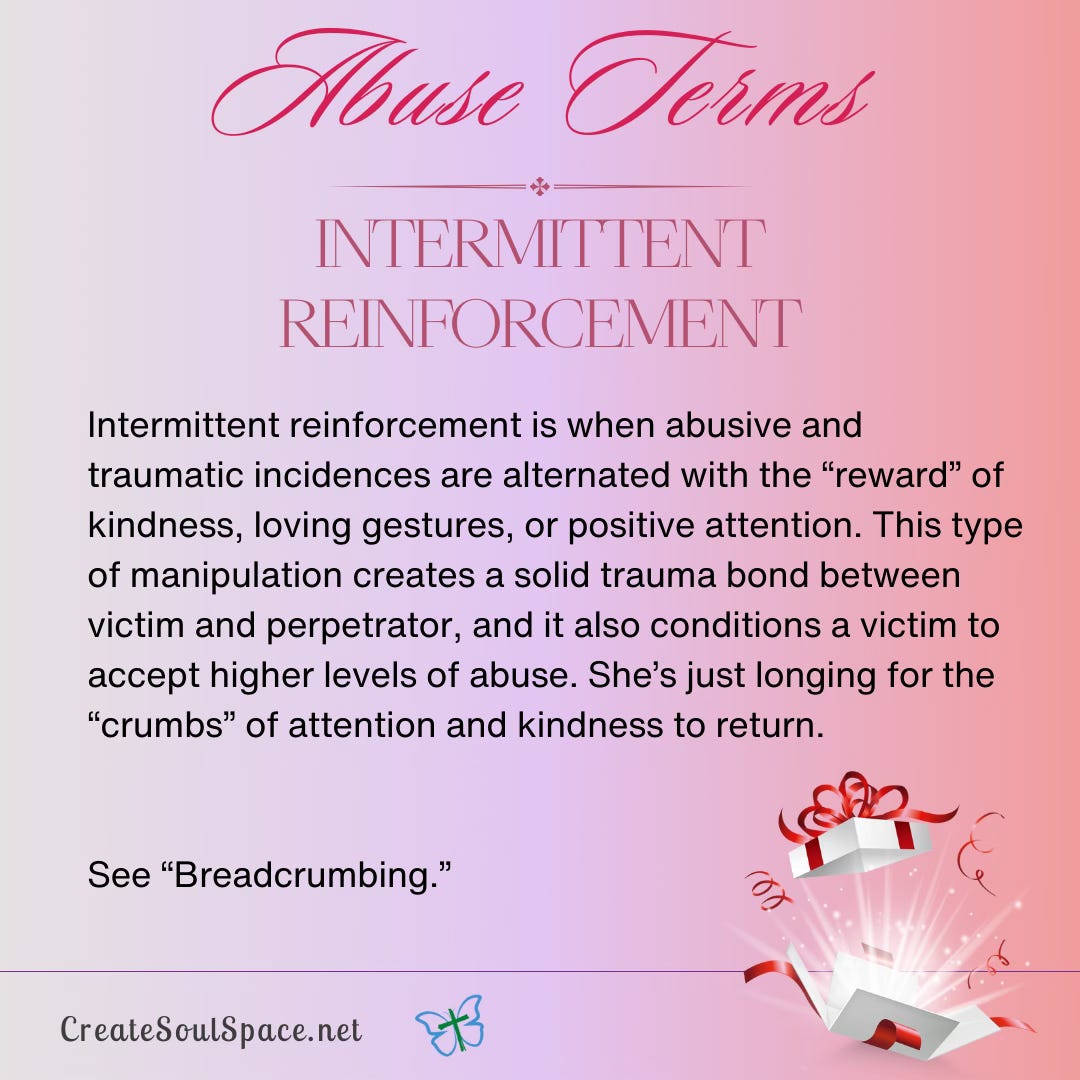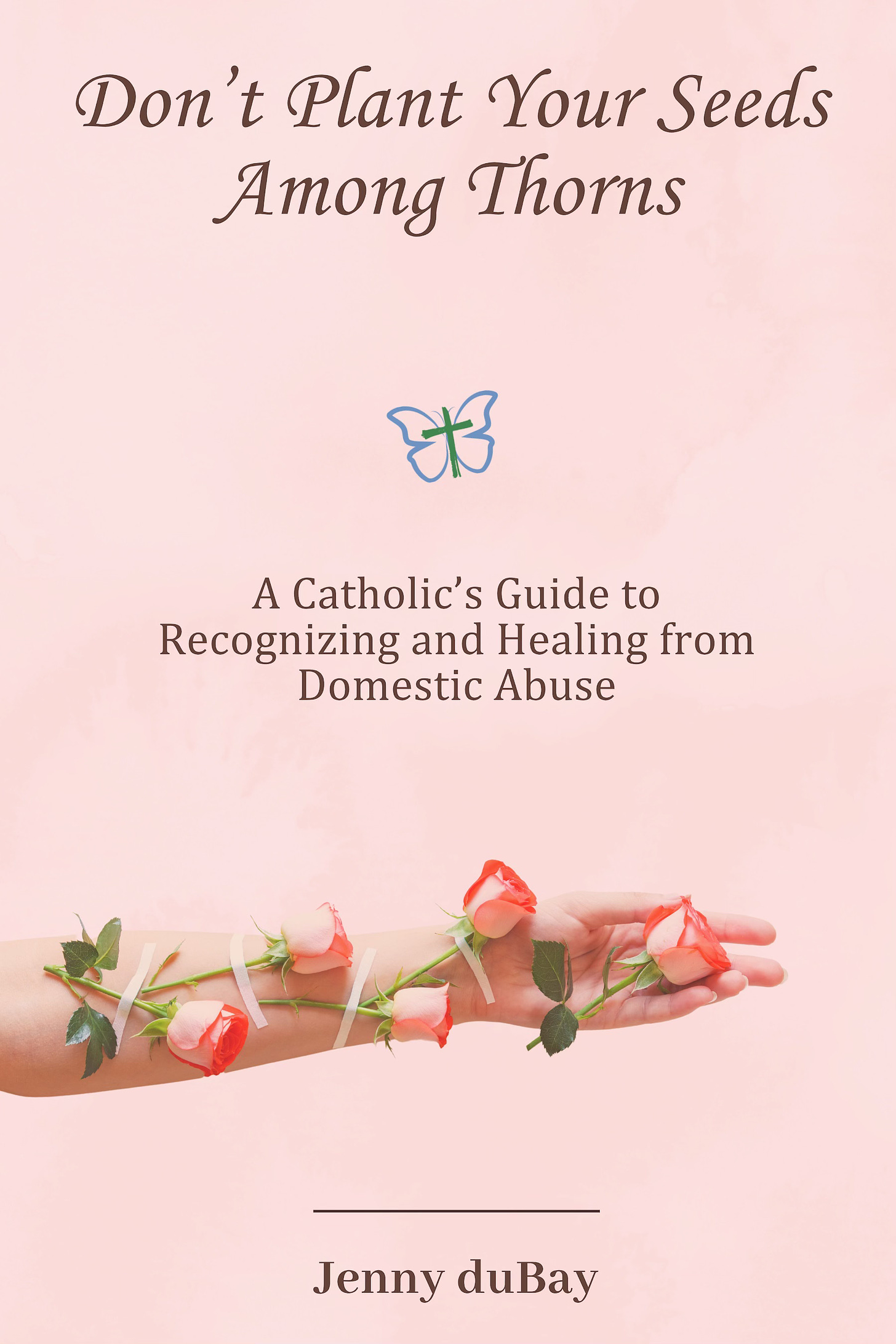Sexual betrayal is widespread in abusive relationships. Though not all betraying companions are chronically abusive (though they use abusive techniques to cowl their acting-out behaviors), nearly all of abusive companions are additionally sexually untrue. In immediately’s hyper-sexualized world, the place indecent behaviors are accepted as “regular,” we have to set the fundamental basis on what infidelity is.
Clearly a bodily affair constitutes adultery, however being untrue in a wedding goes far past that. Pornography use, masturbation, emotional affairs, intimacy anorexia, marital rape, sexual coercion, and taking a look at somebody in a lustful method are all types of infidelity—and all trigger deep betrayal wounds.
“Adultery is the discount of one other human being to a factor. When a married particular person thinks of the opposite as an object (lustful look) or makes use of the partner in an act, e.g., compelled intercourse, that particular person is committing ‘adultery’ … Since a present ceases to be a present when it’s the results of compulsion, lust makes the self-surrender, the present of 1 partner to the opposite, inconceivable. When lust dominates one of many spouses, the mutual, selfless, free giving essential to the expression of the communion of individuals is lacking.”
(Fr. Richard M. Hogan and Fr. John M. LeVoir, Covenant of Love: Pope John Paul II on Sexuality, Marriage, and Household within the Trendy World)
“You’ve heard it stated, ‘You shall not commit adultery.’ However I say to you that everybody who appears at a girl with lustful intent has already dedicated adultery together with her in his coronary heart.”
(Matt. 5:27-28)
Intimate companion betrayal is a trauma that rejects the non-public dignity of the betrayed companion in favor of a self-focused need for gratification. Regardless of the way it appears, that gratification isn’t a bodily want throughout the betrayer. In reality, the one that makes use of sexual affairs, fantasies, pornography, masturbation or different types of infidelity accomplish that due to a core wound inside themselves. Reasonably than going through the wound and in search of therapeutic, they try and fill it with poisonous externals.
Reasonably than filling themselves with Christ, they fill themselves with much more wounds—they usually gravely injure these they love within the course of.
Sexual betrayal—like abuse—causes the betrayed companion to expertise a profound lack of security, coupled with an annihilation of belief. This destruction of belief is sort of a noxious weed that spreads itself throughout a once-fertile backyard, invading different areas of life. Not solely is belief in your companion destroyed, however typically belief in self and even in God, as properly.
Many betrayed companions really feel they’re accountable for his or her partner’s infidelity, at the least on some stage. “If I used to be prettier / thinner / extra sexually attentive / a nicer particular person …” and so on. These are all phrases that may creep into the thoughts—and the guts.
It’s vital to do not forget that your partner’s performing out was by no means about you. You’re not accountable for your husband’s habit, simply as you’re not accountable for his therapeutic.
However you might be in full management of your individual therapeutic.
Within the early phases of betrayal trauma—quickly after “D-day,” the day of preliminary discovery—cognitive dissonance units in. It is a sense of unreality as your thoughts struggles to know two contradictory beliefs on the similar time.
You’ll be able to start the therapeutic journey by asking the Lord for the grace to see the reality in its fullness, after which trusting your God-given instinct in regards to the state of affairs.
“And as Jesus handed on from there, two blind males adopted Him, crying aloud, ‘Have mercy on us, Son of David. When He entered the home, the blind males got here to Him, and Jesus stated to them, ‘Do you imagine that I’m able to do that?’ They stated to Him, ‘Sure, Lord.’ Then He touched their eyes, saying, ‘In response to your religion be it carried out to you.’ And their eyes have been opened.”
(Matt. 9:27-30)
The necessity to ignore the betrayal and fake all is properly is a determined effort to take care of a way of security. Psychologist and researcher Jennifer Freyd calls this “betrayal blindness.”
“If the one that has betrayed us is somebody we have to proceed interacting with regardless of the betrayal, then it isn’t to our benefit to answer the betrayal within the regular method [by removing ourselves from the situation]. As a substitute, we primarily have to ignore the betrayal.”
But in the long run, this survival mechanism backfires.
Some beliefs that create cognitive dissonance and encourage betrayal blindness embrace:
-
He would by no means do something like that vs. I’ve proof that he’s responsible of betraying me.
-
The connection is commonly excellent / loving vs. I really feel used, lonely and depressing
-
I might by no means tolerate abuse or infidelity vs. I haven’t left the connection or set agency boundaries about future behaviors
Attachment bonds are a pure results of any intimate relationship. In a wholesome relationship, an intimate bond helps us really feel protected and reassures us that we’re seen, heard, and unconditionally cherished. In an unhealthy relationship the place dynamics of energy, coercive management, and intermittent reinforcement are current, the attachment that types is a trauma bond somewhat than a bond of mutual self-giving.
Both method, the bond feels actual—and it’s excruciating when there’s a violation. Since intimate companion bonds aren’t merely emotional but additionally impression our organic programs, our our bodies are flooded with stress hormones when betrayal is found.
This may be in comparison with a sudden and traumatic demise—and in a really possible way, it’s. Grieving is a pure a part of the therapeutic course of—and one that may’t be averted.
After we permit ourselves to grieve, we permit ourselves to heal.
Grieving a demise isn’t easy, simple, or fast. The 5 phases of grief described by Elisabeth Kübler-Ross are simply as pertinent in an emotional/relational demise as they’re in a bodily demise:
-
Denial
-
Anger
-
Bargaining
-
Melancholy
-
Acceptance
In future articles I’ll go into extra element on how these phases apply to relationship loss as a result of betrayal and abuse. Describing methods they present up, easy methods to perceive and course of them, and the explanation why these phases aren’t linear are all subjects I’ll cowl. For this text, I wish to shut with a quick overview of easy methods to heal:
-
First, foremost and middle, convey Christ into your state of affairs. Not solely has He skilled immense betrayal, however He’s there with you in your expertise, counting your tears and holding you in His therapeutic embrace (Ps. 56:8). For extra, learn my article, “Therapeutic After Trauma: Awakening to God’s Name.”
-
Cultivating an genuine love of self means studying see your self as our Jesus, our Divine Bridegroom, sees you. Within the Music of Songs Jesus exclaims in a rush of pure intimacy, “How stunning you might be, My love, how stunning you might be! You’re wholly stunning, My love, and with out blemish” (Music of Songs 4:1,7). That is how Christ sees you! Let your self be cherished—by the One who’s pure Love.
-
Don’t blame your self to your companion’s betrayal. You’ll be able to’t management one other particular person, nor are you able to heal his wounds. God is the one one who heals the brokenhearted and binds up their wounds (Ps. 147:3)—if we let Him (Music of Songs 1:2).
-
Observe self-care somewhat than self-destructive coping behaviors. It’s simple to wish to overlook about your ache via numbing-out actions corresponding to doom scrolling, consuming alcohol, bing-watching TV, or different distracting behaviors, however these aren’t everlasting options. For those who want a break, watching TV or having a glass of wine with wholesome associates may be rewarding diversions—sparsely. Don’t use behaviors to keep away from coping with your accidents, as a result of that can trigger the underlying ache and vacancy to extend.
-
Concentrate on you: your pursuits and passions, the issues it’s worthwhile to not merely survive, however to thrive.
-
Set agency boundaries. Make the boundaries clear to your companion, and comply with via with the required penalties if the boundaries are violated.
-
Hold a journal, or specific your emotions via therapeutic artwork. Expressing your feelings creatively might help you perceive and course of them on a deeper stage.
-
Maintain your self bodily. Eat nutritious entire meals somewhat than processed meals, get sufficient sleep, and train repeatedly. These self-care actions might help stabilize your temper and ideas.
-
Slowly, study to belief once more—however that’s a subject for one more article.
From now via October—Home Violence Consciousness month—you should buy my ebook, Don’t Plant Your Seeds Amongst Thorns: A Catholic’s Information to Recognizing and Therapeutic from Home Abuse, for a sale worth of $17.95 and free transport!


















